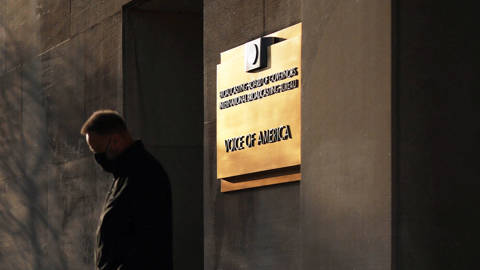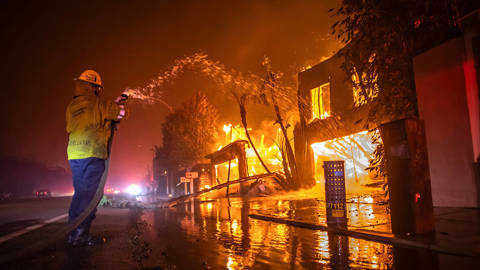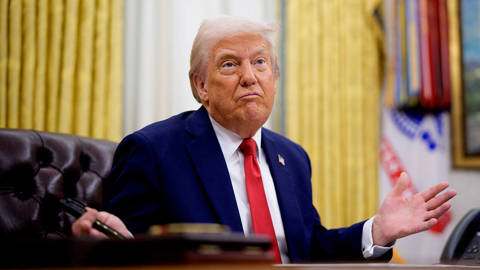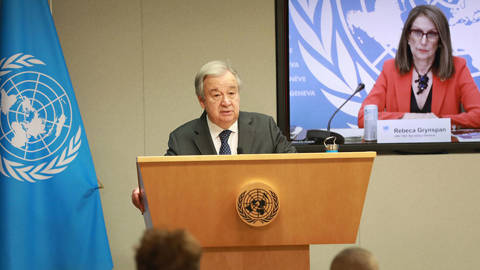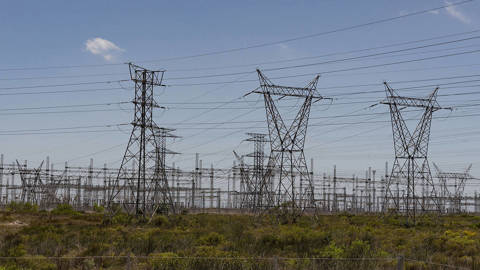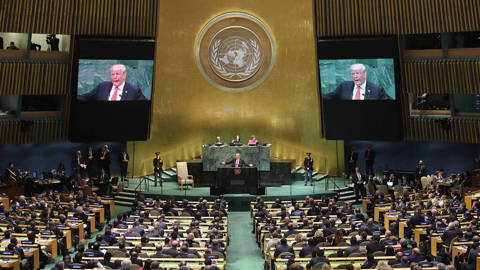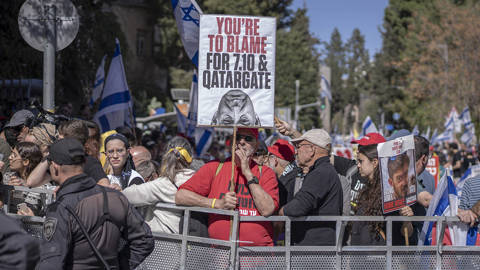Ian Bremmer
Ian Bremmer, Founder and President of Eurasia Group and GZERO Media, is a member of the Executive Committee of the UN High-level Advisory Body on Artificial Intelligence.
-
Trump’s Tariffs Are Not a Negotiating Tactic
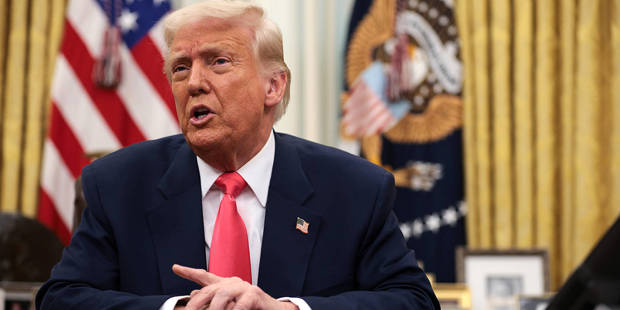
Trump’s Tariffs Are Not a Negotiating Tactic
Mar 10, 2025 Ian Bremmer emphasizes a fundamental difference between the US trade agenda now and during the president’s first term.
-
Trump Will Not Kill the Global Energy Transition
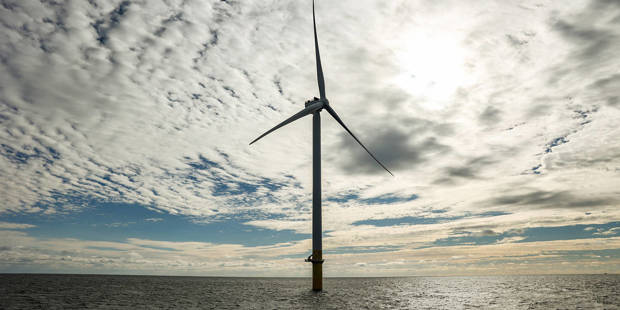
Trump Will Not Kill the Global Energy Transition
Feb 11, 2025 Ian Bremmer assuages fears that the global energy transition will be thrown into reverse by the new US administration.
-
Trump Will Put the US and China Back on a Collision Course
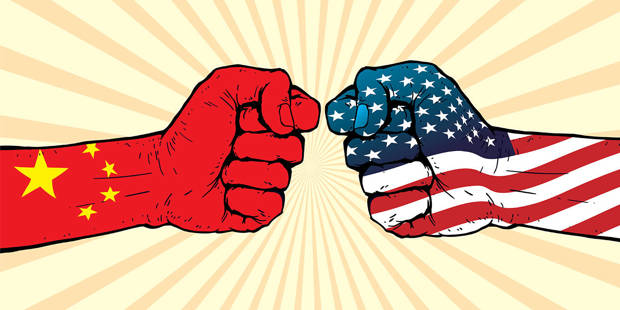
Trump Will Put the US and China Back on a Collision Course
Jan 7, 2025 Ian Bremmer thinks Xi Jinping's government will be less accommodative of the “Tariff Man's” demands this time around.
-
The Global Power Vacuum Comes to Syria
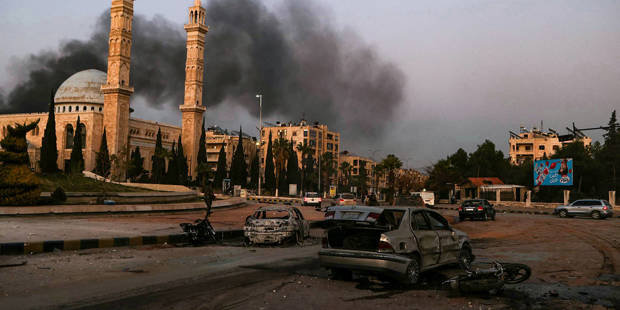
The Global Power Vacuum Comes to Syria
Dec 6, 2024 Ian Bremmer explains how external dynamics led to renewed fighting in the country's 13-year-long civil war.
-
What Donald Trump’s Return Means for the World
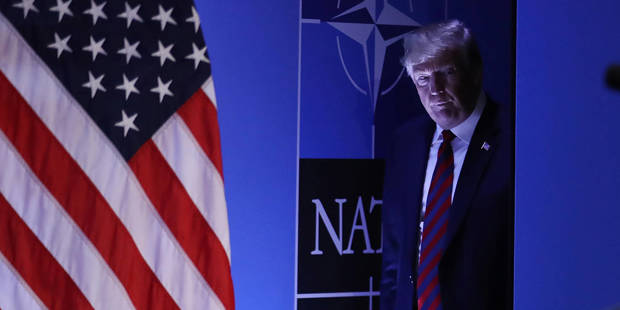
What Donald Trump’s Return Means for the World
Nov 12, 2024 Ian Bremmer explains why a second “America First” presidency could play out much differently than the first.
